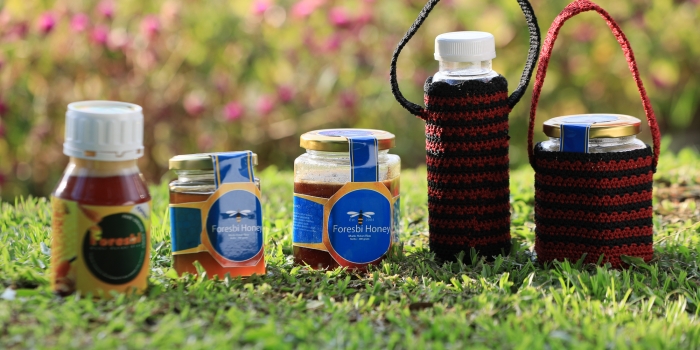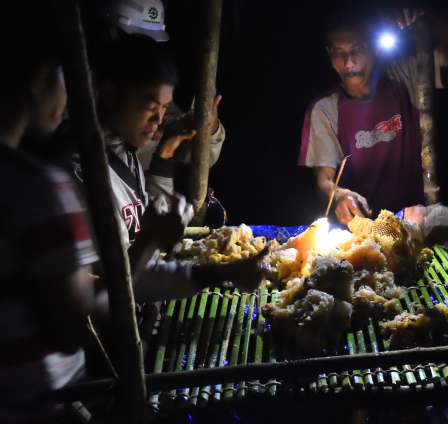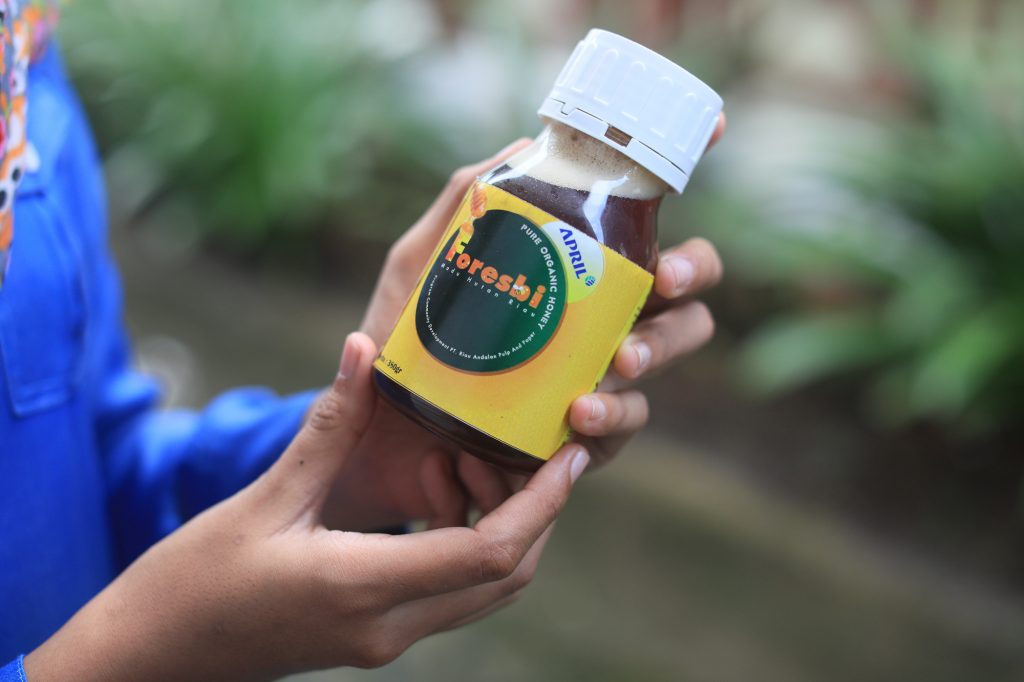Fighting the Good Fight: Tanoto Foundation Boosts Fight Against Cancer
Few words exist that strike as much fear in our hearts as the word cancer. In Asia, the fight is even harder with the prevalence of cancers specific to the...

Latest updates on what's happening in RGE Group

Tall and slippery, Sialang trees (Koompassia excelsa) can grow up to 88 meters (289 ft) in height. Endemic to lowland tropical forests in Indonesia, Malaysia, the Philippines and Thailand, their slippery trunks attract giant honey bees (Apis dorsata) who hang their huge combs from the branches that tower over the forest canopy.
While local farmers in Indonesia’s Riau province have long traditionally harvested Sialang honey, they have been unable to do so at regular and efficient rates, leading to inconsistency in terms of supply and quality. This stifled the product’s marketability to potential consumers.
Recognising the challenge and opportunity in the situation, leading pulp and paper producer APRIL stepped in and established the Rumah Madu Andalan (Andalan Honey House) centre as part of its Integrated Training and Business Development Centre.
Community Development Coordinator Gading Sahyoga explains that the task of harvesting Sialang honey is not an easy job. “They have to do their job at night and they need to use smoke to distract bees to prevent them from attacking the farmers.”
Gading says that the irregularity of supply was due to over harvesting by farmers who didn’t realise they needed to allow the bees some time to regenerate a new batch of honey.
By partnering with APRIL, Sialang farmers across five districts (Kuantan Singingi, Ukui, Pelalawan, Siak and Kampar) benefit from a rotating harvest schedule.
“If we receive honey supply from Kampar this month, we will only get honey from the other areas in the following months. This allows districts to have time to regenerate supply and not run out of honey,” Gadings says.

Farmers benefit from no longer worrying how to market their products. “At Rumah Madu Andalan, the farmers have it one step easier as they are able to sell their harvests to us directly,” Gading says.
Once they purchase honey from the farmers, the centre treats and packages it under the “Foresbi” product name.
APRIL then markets and sells the Foresbi honey at its stores located at the Integrated Training and Business Development Centre, Unigraha Hotel, and APRIL’s Employee Cooperative Building. Currently, the centre is able to process 150 to 200 kg of Sialang honey valued at 14 million IDR (950 USD) per month.
Gading explains that the company sends representatives to accompany farmers during the harvesting period. “This way, we can guarantee that the products are original and authentic Sialang honey.”
APRIL also trains the farmers on responsible and sustainable honey harvesting practices. This allows farmers to preserve and practice their culture. Gading shares that the long-term aim is for the farmers to take over house production and honey processing directly. “That way, the farmers will be more independent in producing the honey and can enjoy the benefits more directly.”
APRIL believes in partnering with communities to provide them with alternative and sustainable livelihoods, empowering them via training and seminars that foster success and self-reliance. Its operations in Pangkalan Kerinci have helped the town to grow from 200 households in the early 1990s to more than 125,000 people in 2017.
